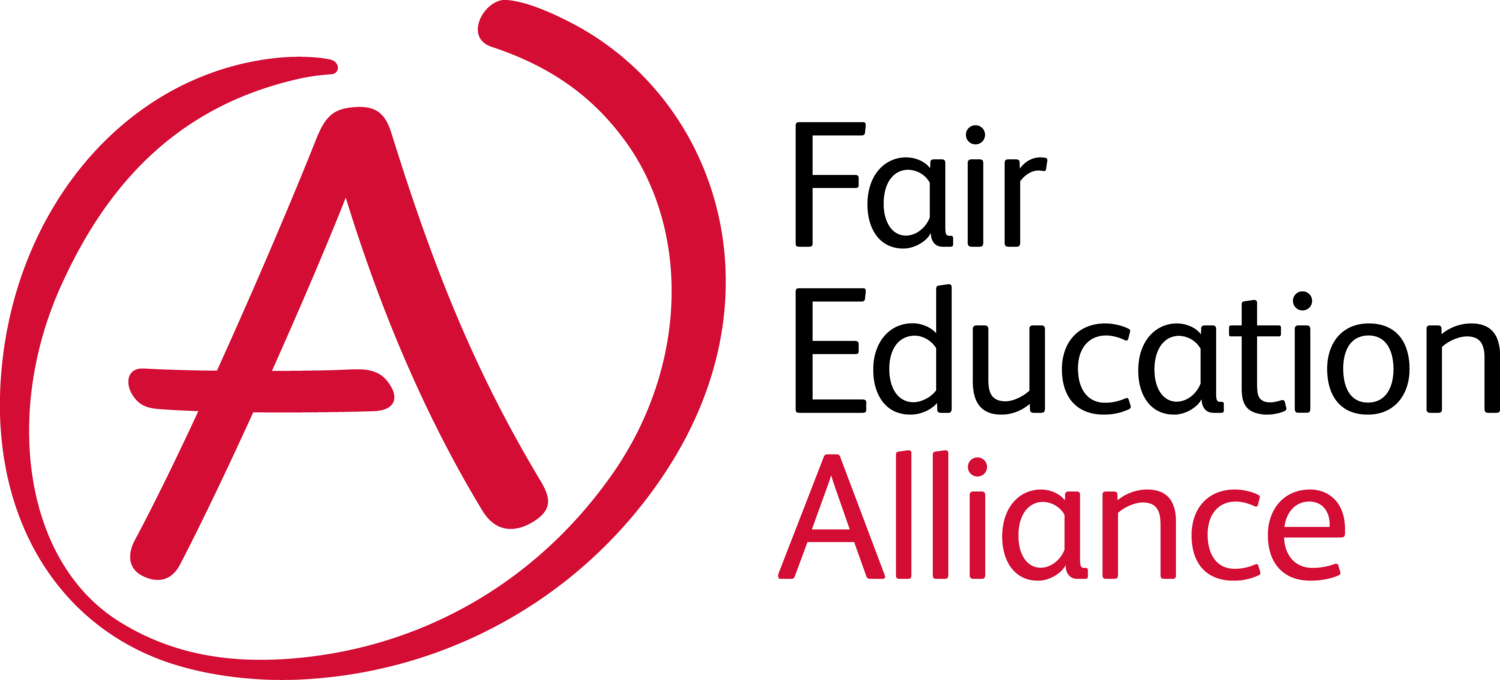The Fair Education Alliance urges DfE to tackle financial and accountability barriers to character education.
Schools in disadvantaged areas must have the resources they need to provide their students with a rounded education.
Sam Butters CEO of Fair Education Alliance said:
We warmly welcome the Secretary of State’s speech today on character education, particularly the emphasis on access for disadvantaged pupils inside and outside the school walls, but the DfE must tackle the financial and accountability barriers schools face in providing character-building opportunities to their students.
We have campaigned strongly on the benefits of rounded education and an education system that develops the whole child, and I invite the DfE to work with our coalition of organisations representing all five of the Minister’s foundations of character, including the Youth Sports Trust, Children’s University, Voice21, Step Up To Serve, and Young Enterprise in developing these plans further.
The Fair Education Alliance welcomes the Secretary of State’s speech on the value of education beyond academic attainment, but urges the DfE to also ensure they are tackling the financial and accountability barriers which are preventing schools offering this.
Social and emotional skills like character and resilience are vital for succeeding in school and in life, and the Fair Education Alliance is committed to ensuring disadvantaged students get the same life chances as their peers.
Many schools want to provide access to sport, creativity, performing, and volunteering opportunities for their pupils, but budget cuts in schools and communities coupled with high stakes accountability focused on exam results have led to tough decisions about what they can offer.
Many of the FEA’s member organisations are the providers of the types of activity that the Minister has outlined; sport, creativity, performing, volunteering and membership. Sam says “The more young people who can access this type of provision the more we can close gaps in outcomes for disadvantaged pupils, but this will only be possible if there is the funding and incentives to make this a reality.”
The FEA’s coalition of school leaders, parents, wellbeing experts, and skills organisations is gathering case studies and evidence of effective interventions and will develop toolkits of resources with practical advice for schools on how to implement best practice and information about organisations that can offer them support.

